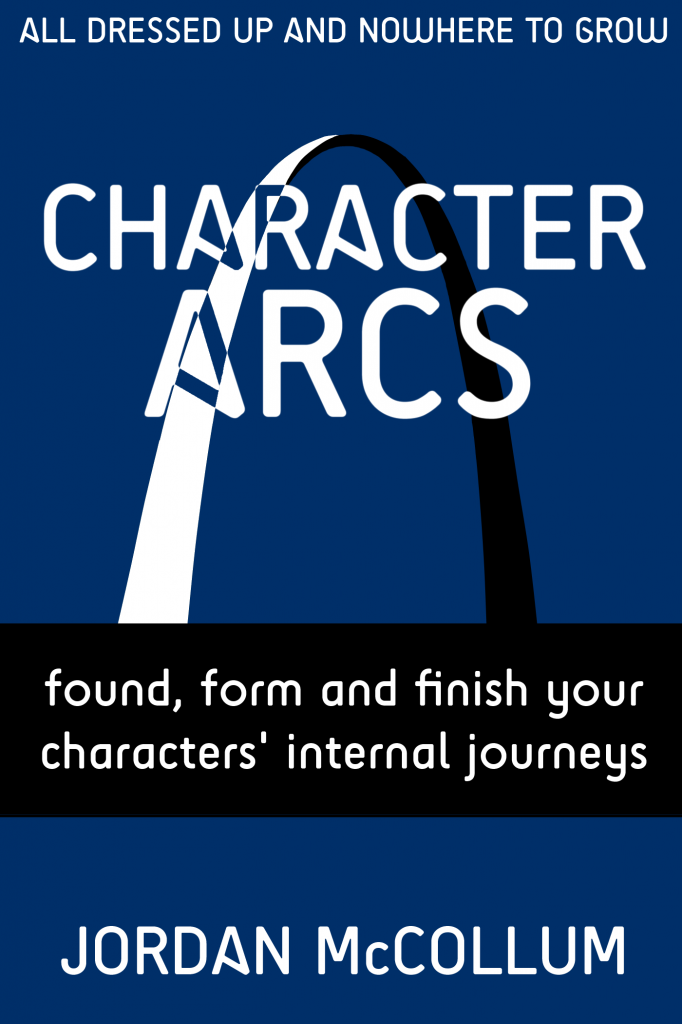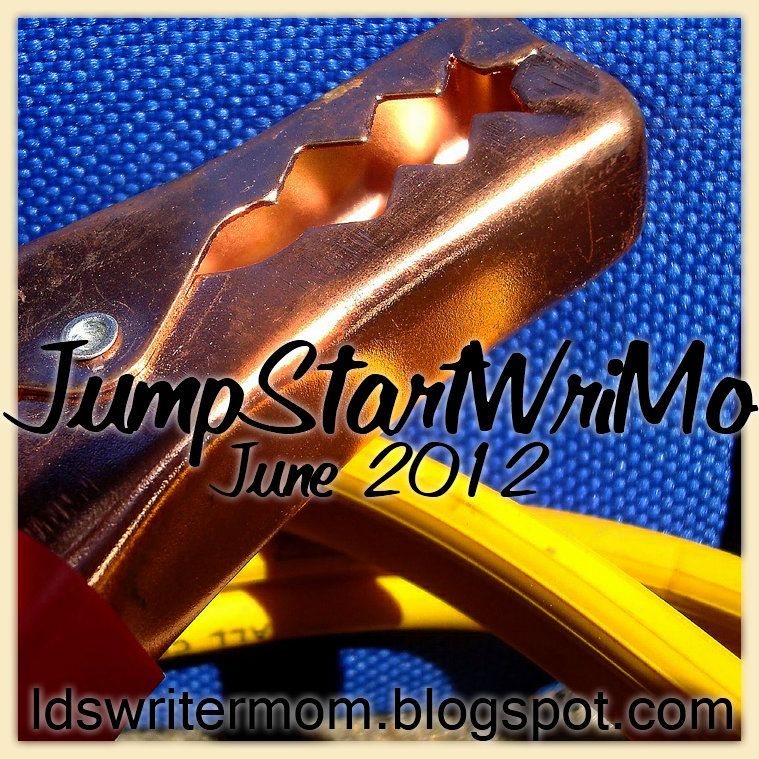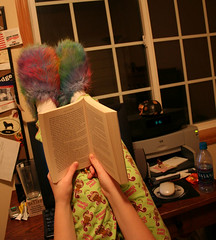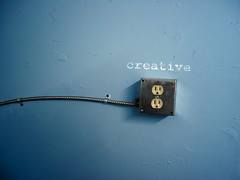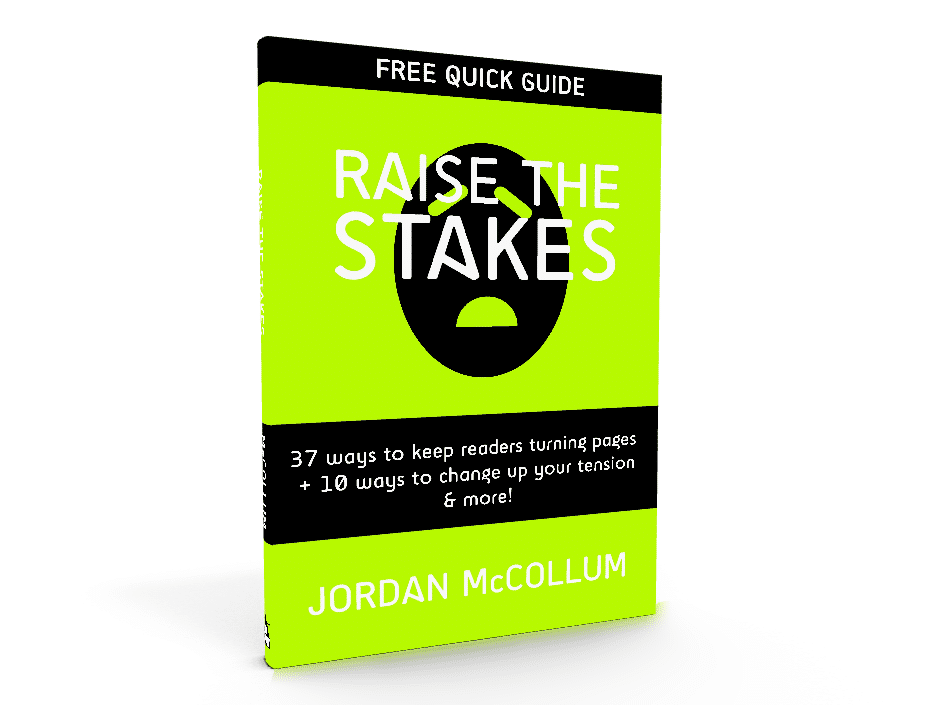Should you really?
“Read your work aloud” is pretty standard critique advice. I do it—I really do—and yet I’ve had critique partners read the same chapters and basically tell me there was no way I could have read it aloud.
The thing is, when I read something I’ve written aloud, I know how to read it. I know how to turn the phrases and the intonations and set aside the asides and make a very long sentence flow smoothly. Honestly, when I read my own work, it’s almost cheating.
It is important to read your work aloud—but it can’t be the only way we determine whether  something is good writing or not. There are so many things that people say that you’d hardly bat an eye at in conversation, but written down, you’d be left to puzzle over them.
something is good writing or not. There are so many things that people say that you’d hardly bat an eye at in conversation, but written down, you’d be left to puzzle over them.
I came across one great example in a chat I had with a friend a long time ago. Here’s what I typed:
I read once that in Sweden you get 3 years maternity leave.
The person that said that said that returning to work was mandatory afterwards, though.
You catch that? In speech, you could easily said “the person that said that said that.” Try it. (Here’s a hint: it means “the person who said the foregoing also said that . . .”) Grammatically speaking, you can’t even put a comma in there. (“The person, that said that, said that”? Restrictive clause, no commas. “The person that said that, said that”? Separating the subject [the person] from the verb [said].)
Not great writing. But I can totally work that circumlocution in speech. I mean, if I’d been talking, I wouldn’t have even noticed the oddity of “that said that said that.”
Speech and writing are two different arts. I loved how The New Yorker put it in an article about writing voice my dad stumbled across recently:
Writers often claim that they never write something that they would not say. It is hard to know how this could be literally true. Speech is somatic, a bodily function, and it is accompanied by physical inflections—tone of voice, winks, smiles, raised eyebrows, hand gestures—that are not reproducible in writing. Spoken language is repetitive, fragmentary, contradictory, limited in vocabulary, loaded down with space holders (“like,” “um,” “you know”)—all the things writing teachers tell students not to do. And yet people can generally make themselves understood right away. As a medium, writing is a million times weaker than speech. It’s a hieroglyph competing with a symphony.
Ouch. And yet somehow, writing seems more powerful than speaking, doesn’t it? Writing requires you to get across your meaning based only upon the words, and the words, then, must be even more powerful. It’s condensed and distilled and, most of all, it’s refined over and over again.
The author of the article gives a better metaphor for finding that voice:
A better basis than speaking for the metaphor of voice in writing is singing. You can’t tell if someone can sing or not from the way she talks, and although “natural phrasing” and “from the heart” are prized attributes of song, singing that way requires rehearsal, preparation, and getting in touch with whatever it is inside singers that, by a neural kink or the grace of God, enables them to turn themselves into vessels of musical sound. . . .
What writers hear when they are trying to write is something more like singing than like speaking. Inside your head, you’re yakking away to yourself all the time. Getting that voice down on paper is a depressing experience. When you write, you’re trying to transpose what you’re thinking into something that is less like an annoying drone and more like a piece of music. This writing voice is the voice that people are surprised not to encounter when they “meet the writer.” The writer is not so surprised. Writers labor constantly under the anxiety that this voice, though they have found it a hundred times before, has disappeared forever, and that they will never hear it again. Some writers, when they begin a new piece, spend hours rereading their old stuff, trying to remember how they did it, what it’s supposed to sound like. This rarely works; nothing works reliably. Sooner or later, usually later than everyone involved would have preferred, the voice shows up, . . . and walks onstage.
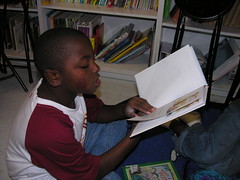
We’re getting a little far afield here, but I like the concept—and I like knowing that the anxiety over rediscovering one’s writing voice isn’t so unusual.
All that being said, there are valid reasons for reading your writing aloud. Here are just a few:
- Getting to know your character’s voice. My authorial voice doesn’t overlap with my characters’ voices 100%, for a number of reasons. My characters speak more plainly and don’t use thesauruses as often as I’m willing to 😉 . My characters have different backgrounds and outlooks on life. My characters might even speak different languages or dialects than I do. I’ve found that many of these differences are easier to pick up on while reading aloud. I’ve gotten better at catching them while reading silently over time, but they can still slip through. And they usually only hit me when I’m reading to someone else. Sigh.
- Grammar check. Sometimes we don’t recognize dangling modifiers or sentence fragments until we try to read them, and as we’re reading we get all bogged down.
- Flow and cadence check. Reading aloud can help us to identify the places where we trip up too easily, and there’s no better way to find the rhythm in our writing (or lack thereof).
Another awesome technique is to have someone else read your work aloud to you, especially a “cold read” (they haven’t read it ahead of time). This person has to interpret what they’re reading to get the inflections right. If they have to start the same sentence over again several times to get all the stresses and phrasing right, or if they just can’t get it at all, that’s a sentence you want to take a closer look at.
Because of the nature of speech, reading writing aloud cannot be your sole judgment over whether that writing is good. And because of the nature of writing, reading writing silently cannot be the sole judgment over whether it’s good, either.
What do you think? What are your good reasons to read aloud? Have you ever read something aloud and made it sound so much better than the writing really did?
Photo credits: dramatic reading: “Pip R. Lagenta“; young man reading: Judy Baxter
